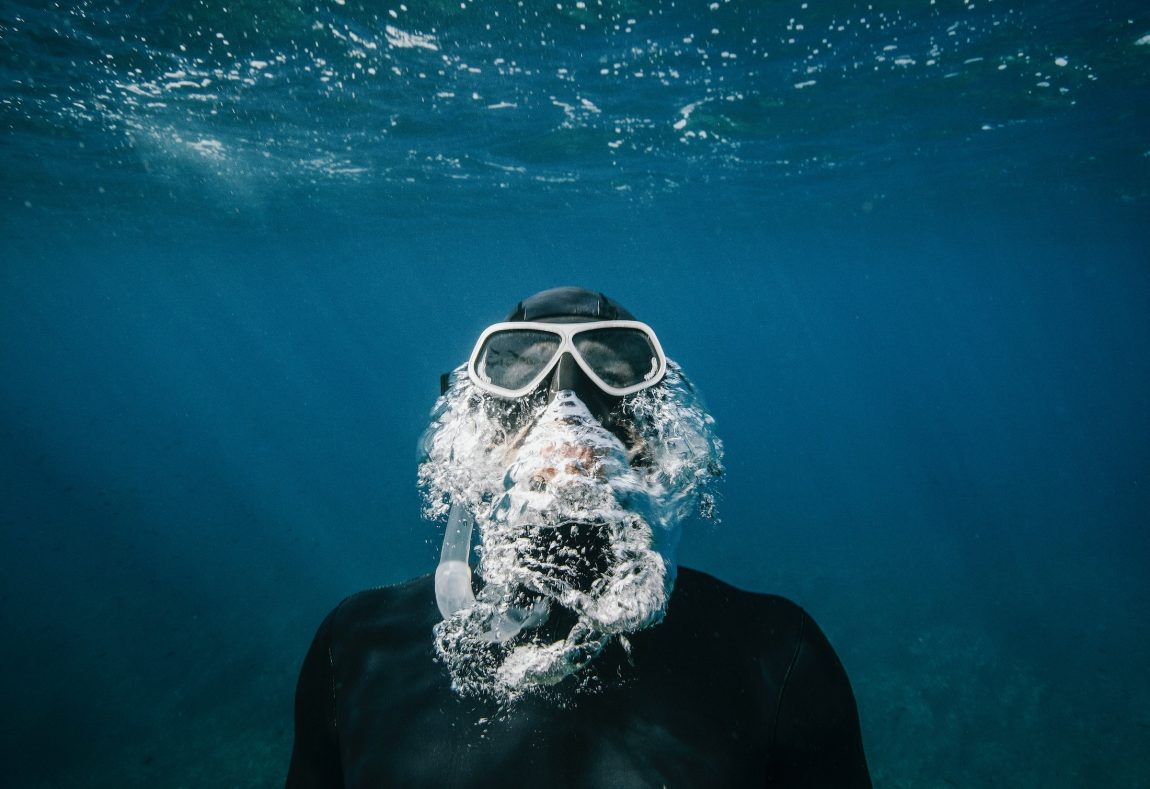Key Takeaways
- Underwater Diving Varieties: Underwater diving spans recreational, professional, military, and technical diving, each tailored to different goals and using distinct equipment.
- Physiological Effects: Diving impacts human physiology due to pressure and immersion, affecting breathing, circulation, and sensory perception.
- Equipment and Safety: Technological advancements in diving equipment enhance safety and depth capabilities, but also present unique challenges and risks.
- Environmental Impact: Divers interact with diverse underwater environments, which necessitates understanding of ecological impacts and responsible diving practices.
Underwater Diving: A Deep Dive into Its Intricacies and Thrills
Ah, the serene beauty of the underwater world! It has always fascinated me, drawing me deeper into its mysteries with every dive. Whether it’s the colorful coral reefs bustling with marine life or the eerie silence of a sunken wreck, diving offers an escape into a world vastly different from our own.
The Thrill of Different Diving Types
My journey through the depths began with recreational diving, where I first experienced the weightlessness and tranquility beneath the waves. It’s a popular leisure activity that many pursue for the sheer joy and beauty it offers. However, as my passion grew, so did my curiosity for the more challenging aspects of diving.
Professional diving was a whole new ball game. It involved not just exploring but also working underwater. From welding ship hulls to installing underwater structures, it required precision and a great deal of training. Then there’s technical diving, which pushed my limits further with deeper and more complex dives. It requires specialized equipment and gases to manage the increased risks and physiological effects at such depths.
Understanding the Physiological Effects
Diving is not without its challenges, especially concerning our physiology. The pressure changes experienced while diving can significantly affect our bodies. I learned about the dangers of decompression sickness, where ascending too quickly can cause nitrogen bubbles to form in the blood, a potentially fatal condition. The cold of the deep waters also taught me about hypothermia and the importance of thermal protection.
The Role of Advanced Equipment
As I delved deeper, I became reliant on advanced diving equipment. From atmospheric diving suits that resemble something out of a sci-fi movie to sophisticated rebreathers that recycle the air you exhale, the technology is fascinating. This equipment has allowed divers like me to explore deeper and stay underwater longer, pushing the boundaries of human endurance and curiosity.
Navigating Hazards and Ensuring Safety
However, with great depths come great risks. Each type of diving comes with its own set of hazards, from the risk of oxygen toxicity in deep dives to the simple yet dangerous potential to get lost inside a wreck. Learning to navigate these risks through proper training and always adhering to safety protocols has been crucial. Moreover, diving in different environments, whether it’s the clear waters of the tropics or the icy conditions under polar ice caps, requires adaptability and respect for the underwater environment.
The Importance of Responsible Diving
What I’ve come to realize through my underwater adventures is the impact we have on marine ecosystems. Responsible diving practices are essential to minimize our footprint on these delicate habitats. Whether it’s maintaining proper buoyancy to avoid damaging coral or ensuring that we don’t disturb marine life, every small effort counts.
Frequently Asked Questions
- What are the basic types of underwater diving?
- Recreational, professional, military, and technical diving are the primary types, each tailored to different purposes and requiring different levels of training and equipment.
- What physiological effects does diving have on the body?
- Effects include changes in blood circulation, breathing complications, and sensory alterations due to the pressure and cold of underwater environments.
- What equipment is essential for diving?
- Basic gear includes a diving mask, snorkel, fins, and a scuba set; advanced dives may require atmospheric suits, rebreathers, and other specialized gear.
- What are common hazards associated with diving?
- Hazards include decompression sickness, oxygen toxicity, nitrogen narcosis, and environmental risks like entanglement or getting lost.
- How can divers minimize their environmental impact?
- By maintaining neutral buoyancy, avoiding contact with the sea floor, not disturbing marine life, and following all local diving guidelines and regulations.
Exploring the depths of the sea has taught me respect—not just for the power of nature but also for the fragility of its ecosystems. Every dive is a reminder of the vastness of our planet and the small part we play in it. Whether you’re diving for fun, profession, or passion, remember that each dive is an opportunity to learn and to cherish the underwater world.





